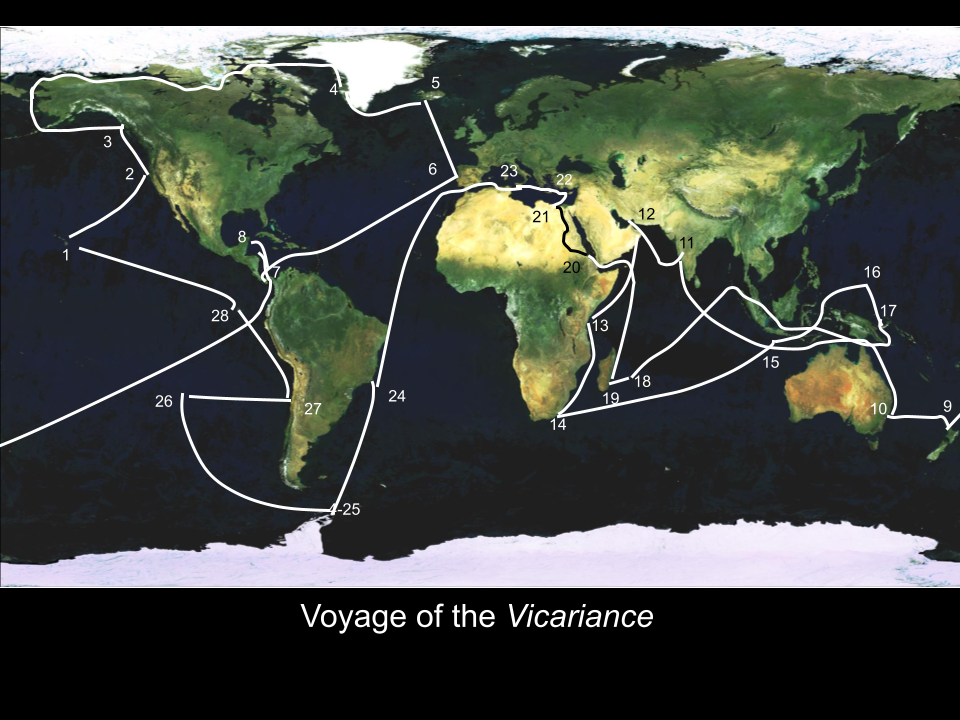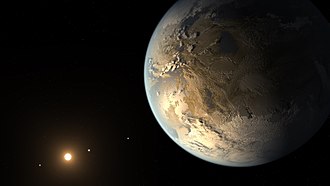Instructional Portfolio
ERTH 110: Voyage of the Vicariance: Earth & Life through Time

Exploration of Earth history via an imaginary sailing voyage around the world and back in time to Earth’s formation and the origin of life. Introduces fundamental concepts in geology, paleontology, living systems, and evolutionary biology.
ERTH/ASTR 707: Exoplanet Astronomy

Three decades ago, the only planetary system we were certain of was our own. Now we know of thousands of systems; their diversity challenges our theories of planet formation and evolution, provides required context for understanding the Solar System, and is the foundation upon which rigorous searches for habitats and life elsewhere in the Universe will be built. This course exposes students to the present state of knowledge of planetary systems using representative data at the field’s leading edge, introduce key theoretical concepts and analytic and numerical tools with broad application, and develops teamwork, presentation, and publishing skills. The course consist of five distinct but related modules on transiting planet detection and demographics, characterization of host stars, radial velocity measurements of mass and interior models, observations of exoplanet atmospheres, and dymamics of multi-planet systems, each including projects which the students work on in pairs. Students also complete a term project and submit a manuscript to
ERTH 616: Scientific Writing (not currently offered)
This course was an opportunity for graduate students to learning technical and stylistic aspects of writing a manuscript for a peer-reviewed publication. It was offerred six times in two different modes. In the first mode, the students and instructor collaborated on a writing a single review paper on a topic of mutual interest. The four reviews, all published are: Beyond the Principle of Plentitude: A Review of Terrestrial Planet Habitability (Spring 2004) The Precambrian Emergence of Animal Life (Spring 2006) Below One Earth: The Detection, Formation, and Properties of Subterrestrial Worlds (Spring 2013) Lava Worlds: from Early Earth to Exoplanets (Spring 2020). In the second mode (Spring 2022 and 2024), students worked on their own draft manuscripts under the guidance of the instructor.
